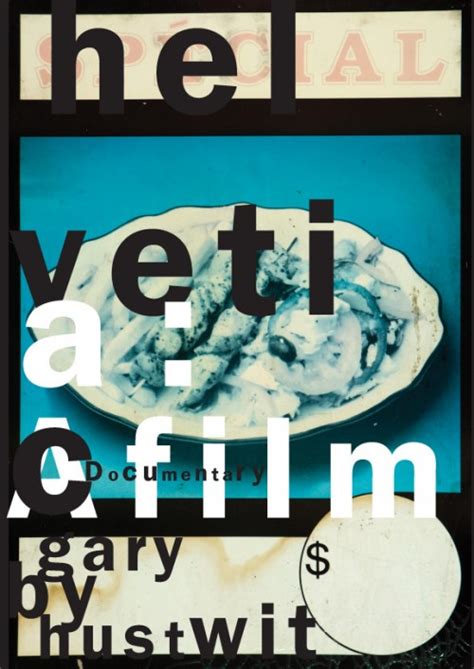A Quote by Eugene Mirman
It's easy to sit on a mountaintop and tell people what to do and how to be happy. I have chosen to do that. Not because it's easy, but for a different reason, which I would reveal, if your mind was ready to handle it, which it isn't, which is also very convenient for me.
Related Quotes
I wasn't ready for fame and all that brings to your life. It was an amazing experience, but so overwhelming, because no one can tell you beforehand when it will happen or how it will impact you. So no one can tell you how to handle it, being stopped everywhere you go because people saw you on 'Oprah.' It took me over, and I wasn't ready.
You are all alike, you respectable people. You can't tell me the bursting strain of a ten-inch gun, which is a very simple matter;but you all think you can tell me the bursting strain of a man under temptation. You daren't handle high explosives; but you're all ready to handle honesty and truth and justice and the whole duty of man, and kill one another at that game. What a country! What a world!
Never imitate. The mind is an imitator, because imitation is very easy. To be someone is very difficult. To become someone is very easy - all that you need is to be a hypocrite, which is not much of a problem. Deep down you remain the same, but on the surface you go on painting yourself according to some image.
Being able to recognize which of your desires are vital to pursue and which ones are not is often less than easy. This is precisely why the ancient sages counseled that we practice yoga. Their point was a very practical one: You are best able to discern which of your many desires should (and should not) be responded to when your mind is calm and tranquil.
One of the remarks made by farmers at their public discussion of these problems suggest that they are rapidly ceasing to think of animals as sentient beings at all. If you handle vast numbers of creatures which are in any case going to die soon, it is, I suppose, easy to get into a state of mind in which they seem to be merely machines.
Having done a lot of magazines, I'm very curious how big magazines handle big stories, and I was very curious to see how 'Time' and 'Newsweek' would handle 9/11. And I was basically pretty disappointed to see that they had chosen to show the photo we'd already seen a million times, which was basically the moment of impact.
There is a kind of expressed love which is easy to subvert. When a figure is loved for their deeds, their conquests, their heroism, their goodness, their love of the people, these are easy enough to destroy... But there is a kind of love which is felt for apparently no reason... A love, inspired, it seems, by the gods, which it is impossible to fight, distort, destroy, or weaken. In fact, the attempts to destroy such loves only strengthen them. And to do nothing allows them to continue to grow at their natural pace, inexoribly, till this love becomes a wide and silent adoration.
It is not always easy to diagnose. The simplest form of stupidity - the mumbling, nose-picking, stolid incomprehension - can be detected by anyone. But the stupidity which disguises itself as thought, and which talks so glibly and eloquently, indeed never stops talking, in every walk of life is not so easy to identify, because it marches under a formidable name, which few dare attack. It is called Popular Opinion.
I've been on both sides; I've interviewed people, and I do an okay job, I guess. But it's awful. Because you feel like you have to defend your life, which is such an interesting concept. It's not an easy process to sit down and talk about, 'What's your motivation?' Because as I'm answering, I'm working it out for myself at the same time.
In the sort of screen dappled with different states of mind which my consciousness would simultaneously unfold while I read, and which ranged from the aspirations hidden deepest within me to the completely exterior vision of the horizon which I had, at the bottom of the garden, before my eyes, what was first in me, innermost, the constantly moving handle that controlled the rest, was my belief in the philosophical richness and beauty of the book I was reading, and my desire to appropriate them for myself, whatever that book might be.
I think global warming is a very real problem for our world. I've seen the changes that have taken place in the Antarctic, in the Himalayas, where the natural ice has sort of faded away, and there's no doubt in my mind that we're living in a strange world, a world which is not easy to understand or handle, But there's nothing you can do about, you just have to live your life as best you can.


































